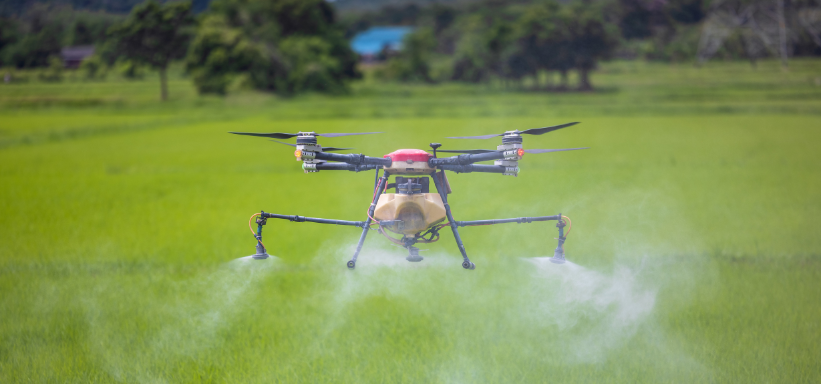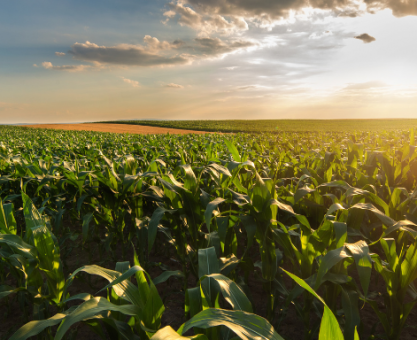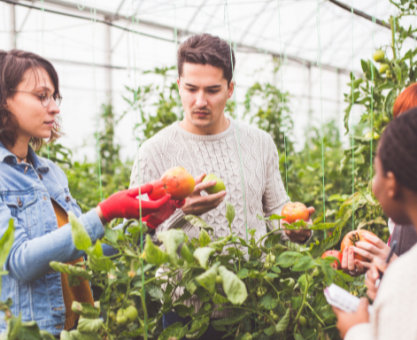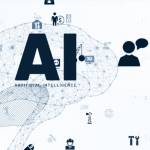Executive Summary
-
Explore how AI-driven precision farming is revolutionizing agriculture.
-
Learn from case studies that highlight the successful implementation of AI in farming.
-
Understand the benefits, challenges, and future prospects of AI in agriculture.
-
Gain insights into tools and resources that can assist in adopting AI solutions.
Introduction
In an era where food security is paramount, the agriculture industry faces unprecedented challenges such as climate change, resource constraints, and increasing demand. Enter AI-driven precision farming—a revolutionary approach that leverages artificial intelligence to optimize crop production and resource use. This topic is vital for investors, farmers, and agricultural technologists looking to enhance productivity, sustainability, and profitability. By delving into real-world case studies, this article will provide valuable insights into the effectiveness and potential of AI in transforming agriculture.
Definitions / Context
Precision farming, also known as precision agriculture, involves using technology to monitor and manage variations in crops and soil. AI in this domain refers to using machine learning, data analytics, and robotics to predict and enhance farming outcomes. Understanding these concepts is crucial for comprehending how AI can revolutionize traditional farming practices.
Benefits / Pros
-
Increased Yield: AI algorithms can analyze weather patterns, soil conditions, and crop health to provide actionable insights, leading to higher yields.
-
Resource Efficiency: Precision farming reduces waste by applying water, fertilizer, and pesticides only where needed.
-
Cost Savings: Automation and predictive analytics minimize labor costs and resource expenditure.
-
Enhanced Decision-Making: Real-time data and AI-driven recommendations empower farmers to make informed decisions.
-
Sustainability: By optimizing resource use, AI contributes to environmentally sustainable farming practices.
Risks / Cons / Challenges
-
High Initial Costs: Implementing AI technologies can be expensive, posing a barrier for small-scale farmers.
-
Data Privacy: The use of AI in farming raises concerns about data collection and privacy.
-
Technical Complexity: Farmers require training and support to effectively utilize AI tools.
-
Infrastructure Needs: Reliable internet connectivity and robust infrastructure are essential for AI applications.
How to Implement AI in Farming
-
Assess Needs: Identify specific farming challenges that AI can address.
-
Research Solutions: Explore AI tools and solutions that fit your needs.
-
Conduct Pilot Tests: Implement AI on a small scale to evaluate its effectiveness.
-
Scale Up: Gradually expand AI applications based on pilot results.
-
Continual Monitoring: Use AI to continuously monitor and adjust farming practices.
Consider a mid-sized farm in Iowa that adopted AI-driven drones for crop monitoring. The drones provided detailed aerial imagery, allowing the farm to identify areas needing attention. As a result, they achieved a 20% increase in yield while reducing water usage by 15%. This case exemplifies how AI can lead to substantial improvements in agricultural productivity and sustainability.
Case Study: Mid-Sized Iowa Farm
Expert Tips / Strategic Insights
-
Start Small: Begin with manageable AI applications to build familiarity and confidence.
-
Leverage Partnerships: Collaborate with tech companies and agricultural experts to access cutting-edge solutions.
-
Stay Updated: Follow industry trends and updates to remain competitive in AI adoption.
-
Consider Scalability: Ensure that AI solutions can be scaled as your farm grows.
Tools / Resources / Calculators
-
FarmLogs: Offers tools for farm management and data analytics.
-
DroneDeploy: Provides drone mapping software for agriculture.
-
AgFunder: A platform for connecting with agri-tech investors.
Conclusion
AI-driven precision farming is not just a futuristic concept but a current reality transforming agriculture. By adopting AI technologies, farmers can achieve higher yields, reduce costs, and promote sustainable practices. As the industry continues to evolve, those willing to embrace AI will be well-positioned to thrive. For personalized guidance on integrating AI into your farming operations, consider consulting with agri-tech experts.























